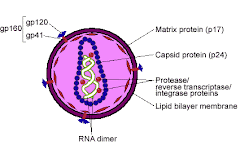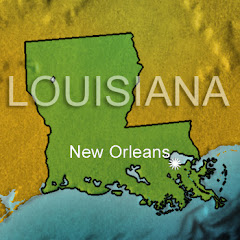"Money laundering, at its simplest, is the act of making money that comes from Source A look like it comes from Source B. In practice, criminals are trying to disguise the origins of money obtained through illegal activities so it looks like it was obtained from legal sources. Otherwise, they can't use the money because it would connect them to the criminal activity, and law-enforcement officials would seize it.
The most common types of criminals who need to launder money are drug traffickers, embezzlers, corrupt politicians and public officials, mobsters, terrorists and con artists. Drug traffickers are in serious need of good laundering systems because they deal almost exclusively in cash, which causes all sorts of logistics problems. Not only does cash draw the attention of law-enforcement officials, but it's also really heavy. Cocaine that's worth $1 million on the street weighs about 44 pounds (20 kg), while a stash of U.S. dollars worth $1 million weighs about 256 pounds (116 kg)."
*Note: Sometimes money launderers are able to cut deals in order to reduce their sentence. Other times they are able to have the charges dropped all together if they are able to provide information, about someone else, in their illegal activities. A money launderer can be the businessman next door.
Saturday, September 8, 2007
Basic Definition of Money Laundering
Blogs'FamilyCorruptionInTheBigEasy||
FamilyCorruptionInTheBigEasy: Part 2
Posted by
Boop
at
6:13 AM
![]()
Labels: corrupt politicians, definition, money laundering, public officials
Subscribe to:
Post Comments (Atom)


















No comments:
Post a Comment